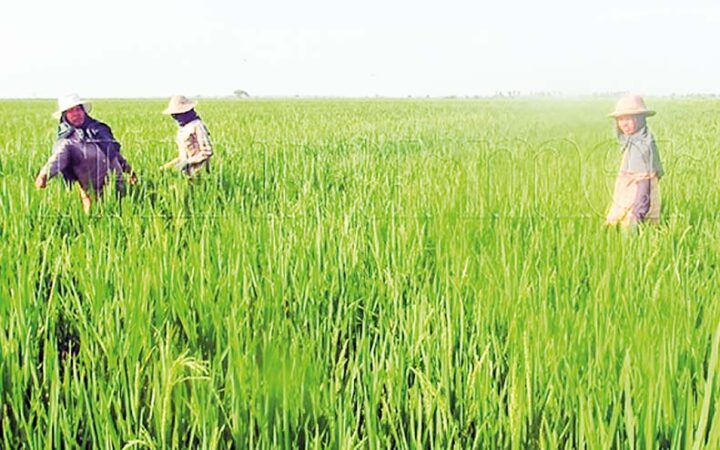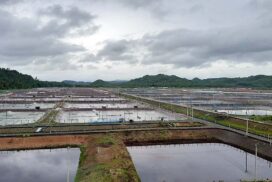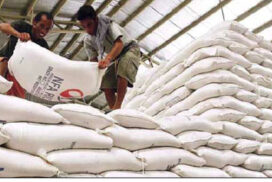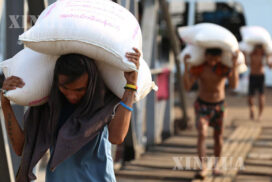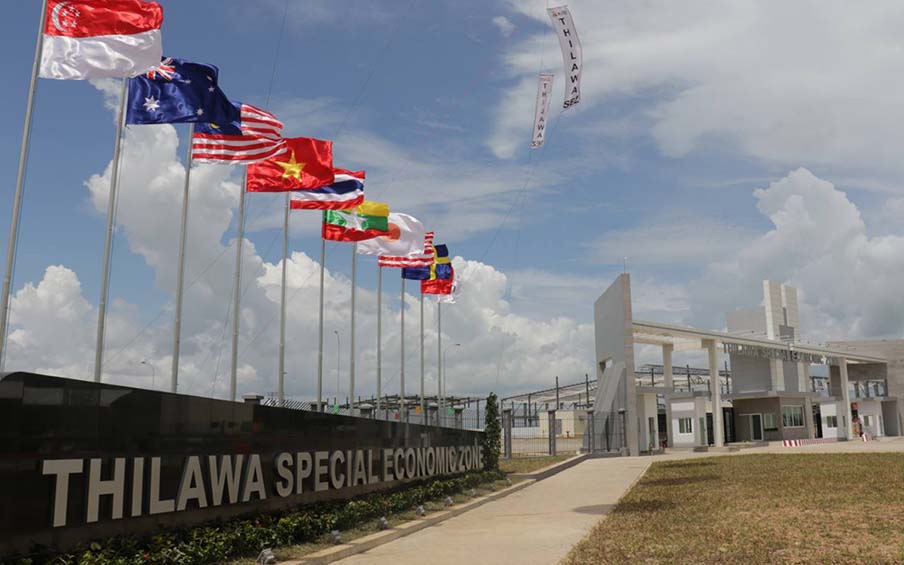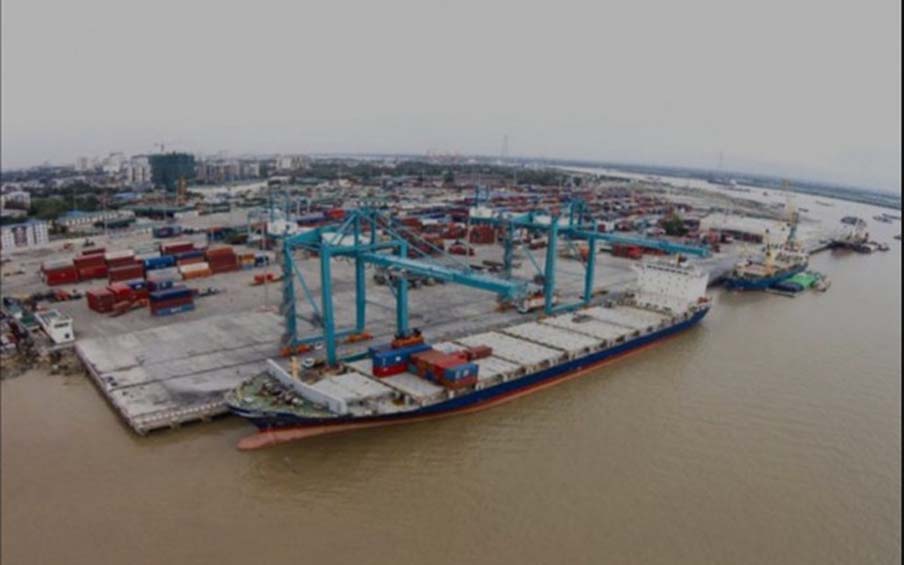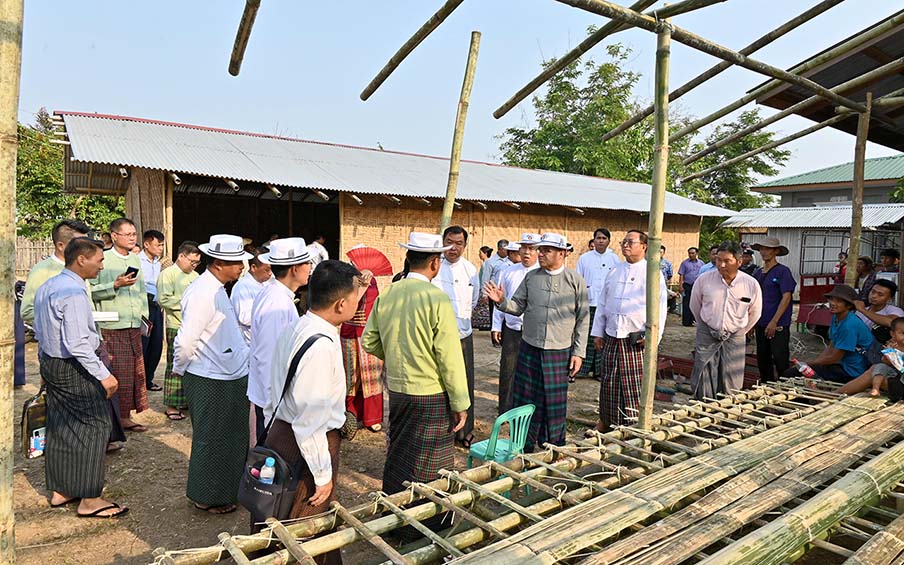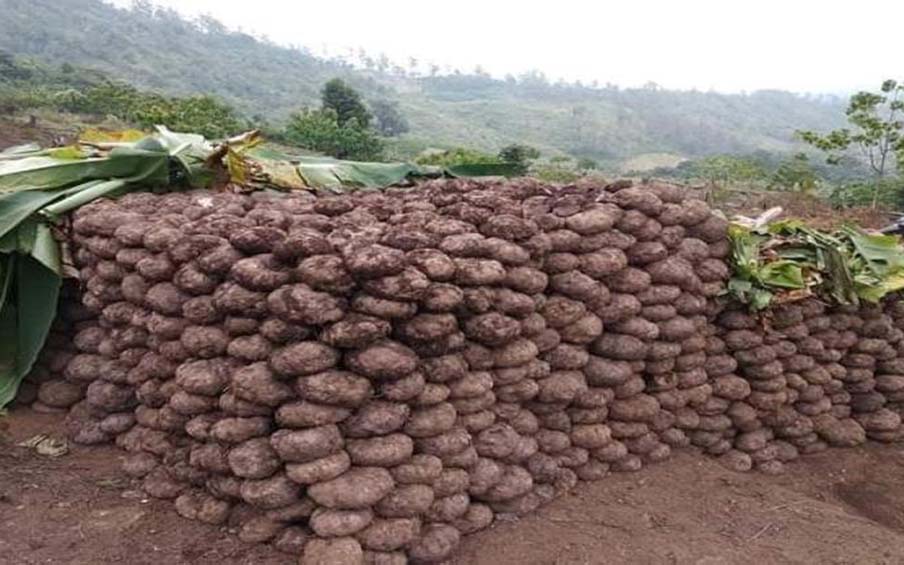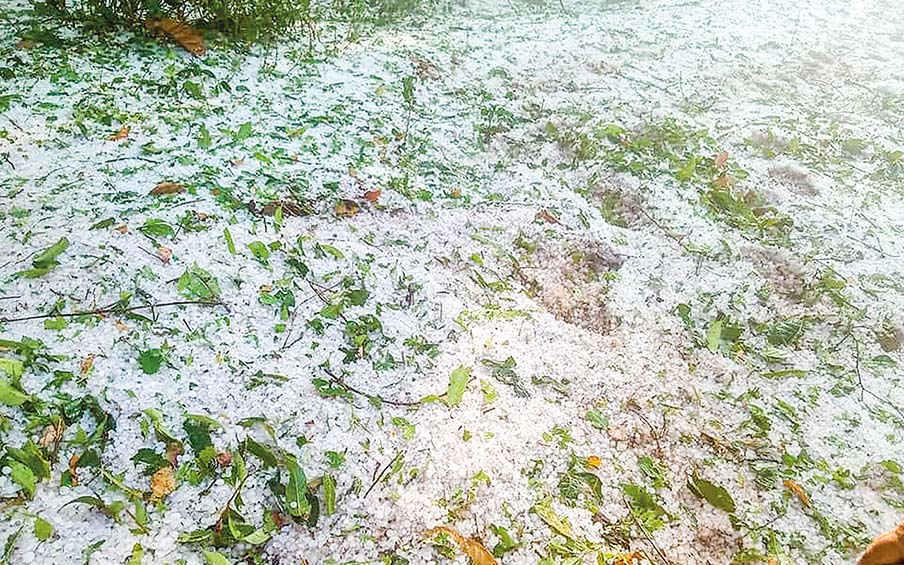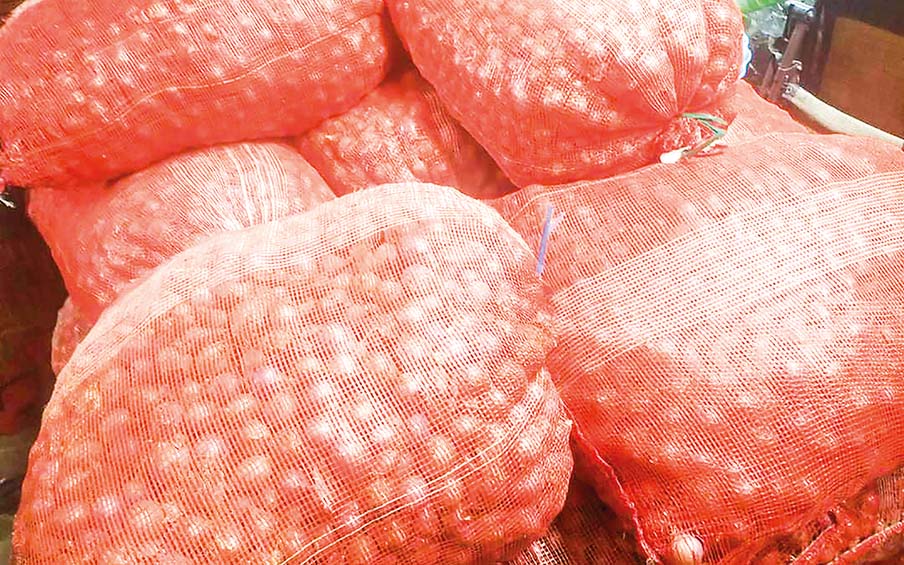According to the statistics of Yangon Region Department of Agriculture, only 890,000 acres of rain fed rice could be cultivated in Yangon Region.
This year, it was earmarked to plant more than 1,100,000 acres in Yangon Region during the rainy season, but only 890,000 acres were planted starting from the first week of May.
According to the Department of Agriculture, last year’s rice yield was 68.28 baskets per acre, but this year’s yield will be 69.33 baskets.
Rice species named Manaw Thukha, Hsinthukha, Yadanatoe, Shwewahtun, Theehtetyin, Yetkoese, Hmawby-3, Yakyaw, Ayeyamin, Pawsanhmwe, Pawsanyin, Innma Yebaw, Hmawby-2, Meetone, Ngakywe, Ngasein, Kaukyin, and Ziyar are mainly cultivated in Yangon Region.
In the fiscal year 2022-2023, more than 4,800 acres of systematic farmland are being identified in various regions and states.
The Nay Pyi Taw Department of Agricultural Mechanization aims to create large plots of land that can be cultivated in a row so that farm equipment can be widely used by identifying mechanized agricultural land throughout the country.
In Yangon Region, over 1,500 acres of ideal rice fields, about 1,200 acres of ideal seed plantations, about 14 types of high-yielding rice, five varieties of good quality rice and seven regional varieties are planted for this year.
In this fiscal year, the focus will be on rice crops in the identification of mechanized agricultural land throughout the country.
It is also known that the most will be identified in Mon state and Taninthayi region.
This year, due to various circumstances, the production capacity of rice is likely to decrease, and domestic rice prices are also high.
“One bag of Pawsan is K100,000, and the price for one bag of low grade rice is more than K60,000. Rice has already reached the highest level with K4,000 per kilo. Because the price of rice will rise, people who can afford it will buy more rice. Some people are buying and eating raw rice,” said Daw Aye Yi, a residence of Hline Township.—TWA/GNLM
Only 890,000 acres of rain fed rice to be cultivated in Yangon Region
- August 01, 2022
- 535
